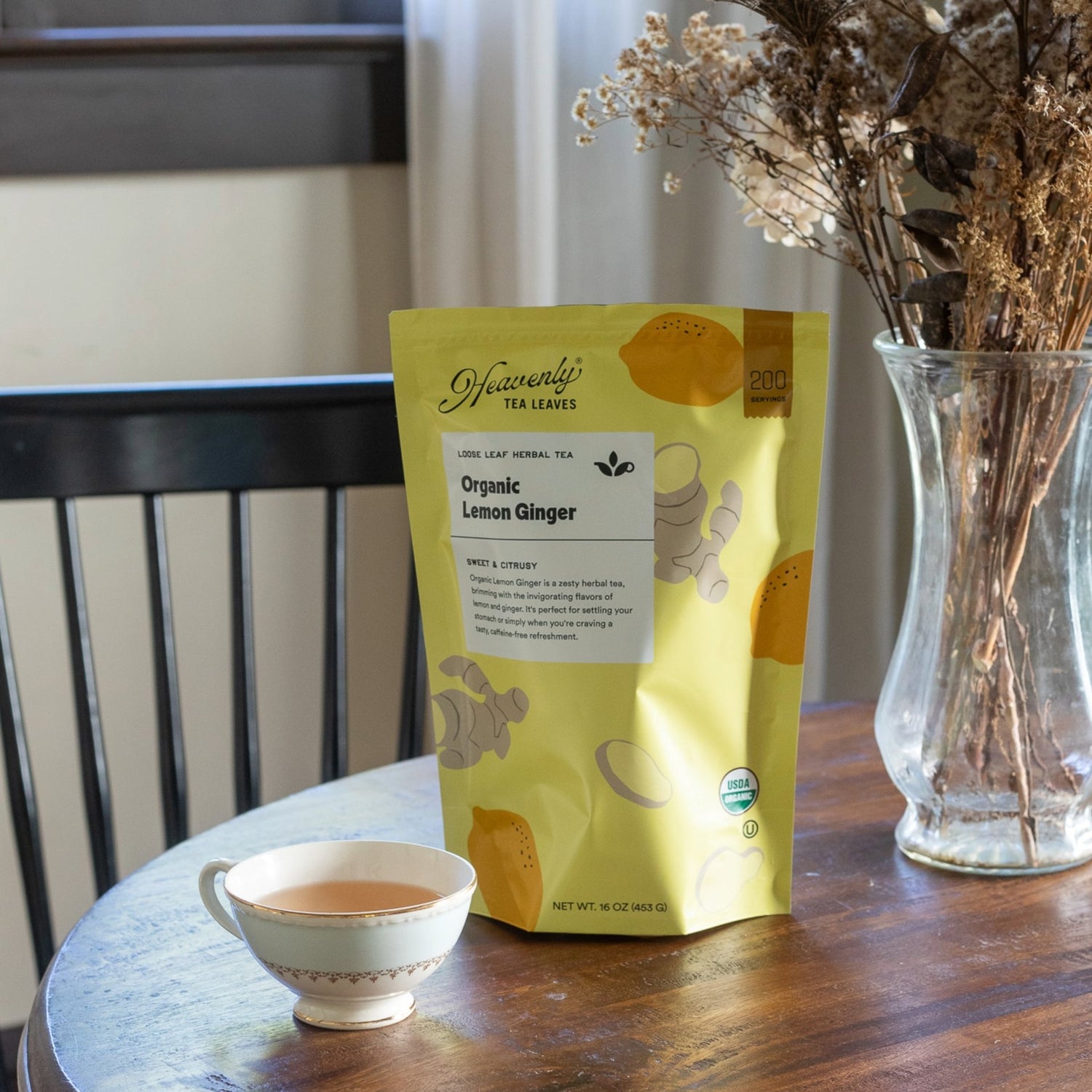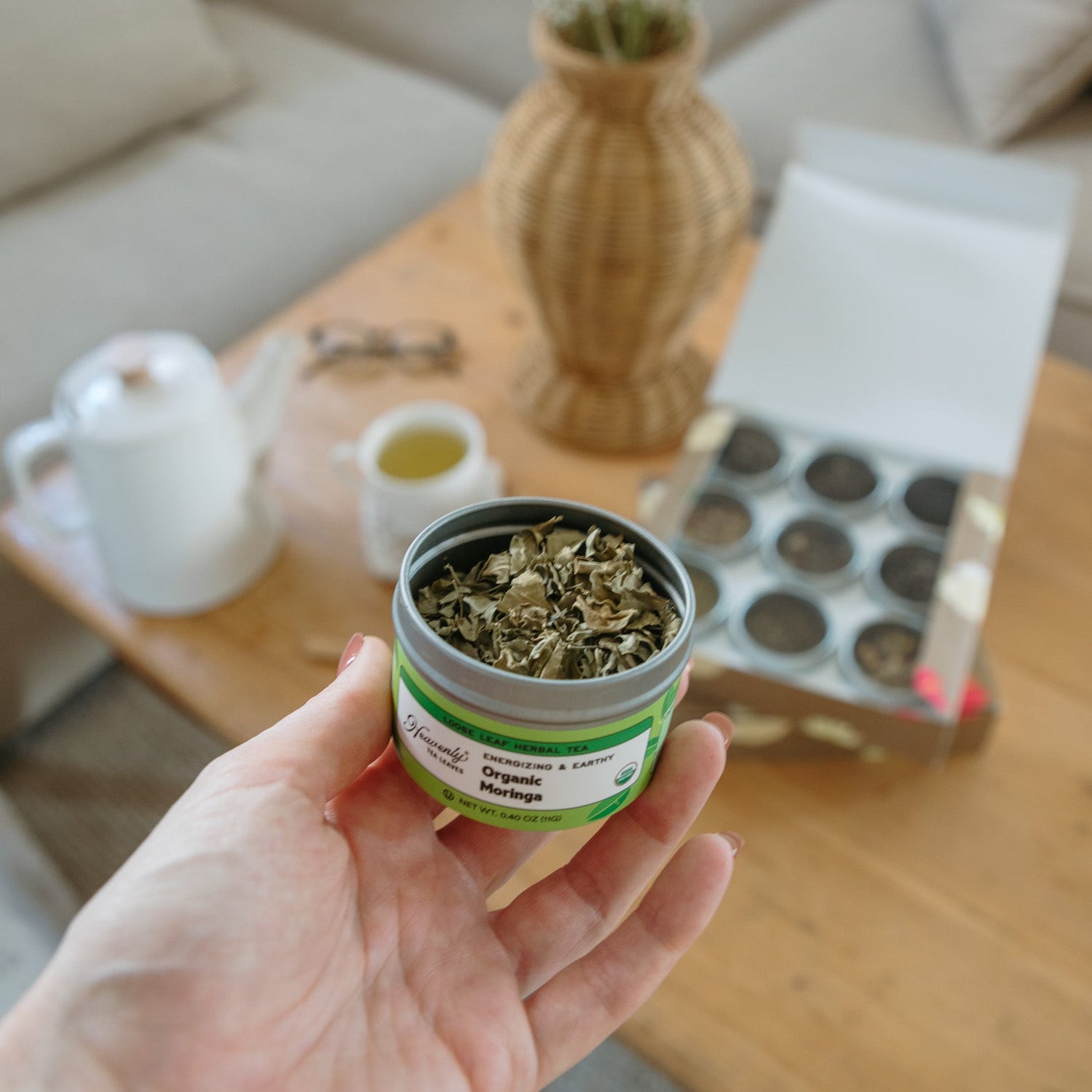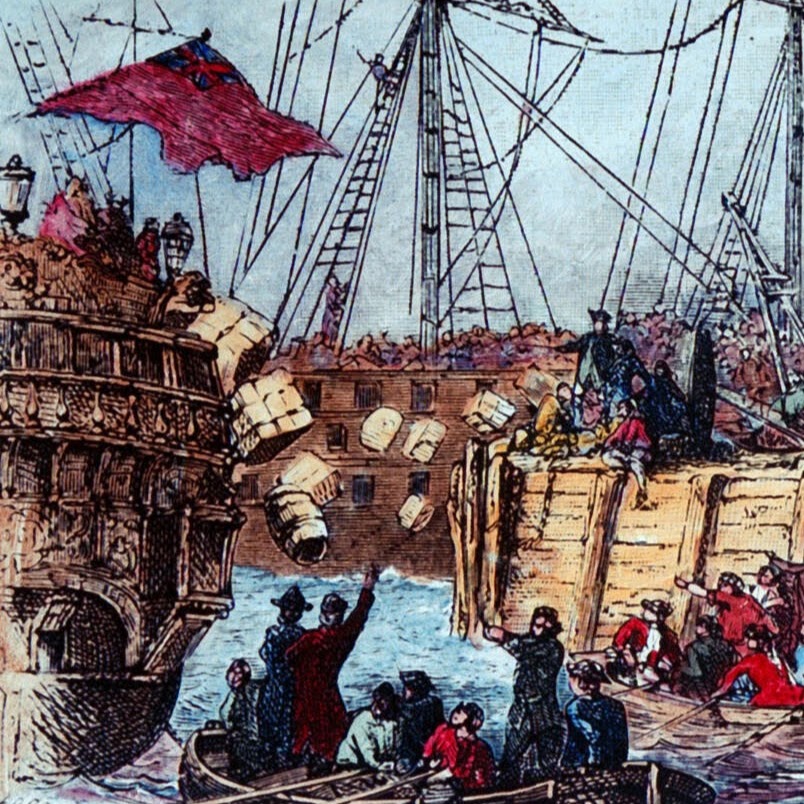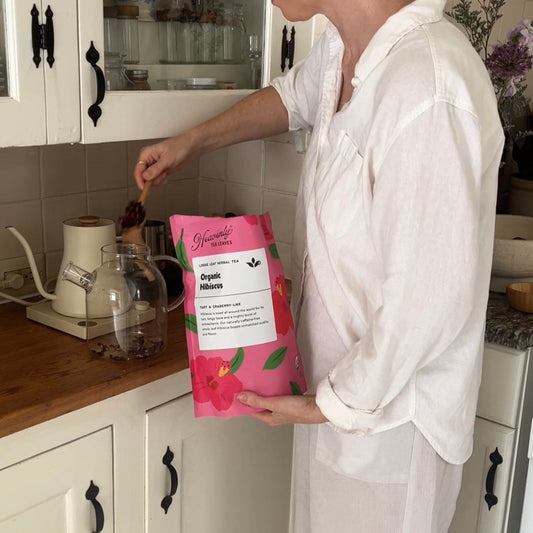As Americans, when we think of tea, one major historical event comes to mind: The Boston Tea Party. Not only did this major event light the spark to the founding of America as we know it, but it also is an important representation of tea as one of the most central and valued products from colonial times until today.
Tea has been imported to the United States, and to the colonies before it, for centuries. The famous British East India Company had become dominant in the trade of loose leaf tea, which then was typically consumed with milk and sugar in the West. The East India company mostly brought its black tea from India and China. As England wanted to maintain a firm grip on its colonies, it began to use its main power source, tea, as leverage.
Trouble Brewing
In 1773, the British government passed the Tea Act, which essentially helped the struggling East India Company avoid paying taxes. Disrupting the free market, their tea prices became so low that they undercut even black market Dutch tea that was smuggled into the country. Thus, the East India company gained a monopoly over the tea trade. Meanwhile, Americans were paying taxes to the British government on the East India Company’s tea imports as well as other goods and services without reaping the benefits of representation in Parliament. The seeds of instability were being planted, and two years later, after the Stamp Act, the famous phrase was born: “No taxation without representation!”
Dump Day
The underground resistance group, The Sons of Liberty, led by Samuel Adams, was displeased, to say the least, with this power imbalance and tyranny. And so, in a midnight group raid of about 116 men on December 16th, the Sons of Liberty disguised themselves as Mohawk Indians, invaded three British ships, and dumped 342 chests of black “Bohea” tea (a high-quality blend infused with cinnamon and orange flavors, a popular Chinese blend at the time) into the Boston Harbor, valued at about $18,000, equivalent to more than $550,000 in today’s currency!
Aftermath and Ensuing Conflict
Outraged at this event, which came to be known with levity as The Boston Tea Party, the British Parliament went on to pass a series of additional restrictive measures, including the Coercive Acts against the Massachusetts colony, and granted further immunity in the colonies for British officials. This was one of a few catalysts that eventually led to the American Revolution.
The officially recognized start to the Revolutionary War was in 1775 when a longstanding push-and-pull led to an “open state of revolt” in Massachusetts and a series of brutal battles between the Redcoats (Britain) and the Continental Army in the U.S., which fought alongside local militias. As we know, the U.S. was declared independent from its mother country in 1776, and here we are today!
The Legacy of Tea
In the years leading up to the American Revolution, tea became a symbol for many things, including prosperity, globalization, and eventually, independence. The remnants of this British and American staple, and of the East India Company’s legacy, are still with us today in the form of delicious and flavorful loose leaf teas that we enjoy from India and China. Although we have evolved in the way in which we consume tea (Iced? With agave? Oat milk?), the essence of the beverage remains an undeniable part of the American lifestyle.
Photo Credit: History.com







1 comment
Very interesting and very useful for me for a reference to speech at Lions Club meeting.